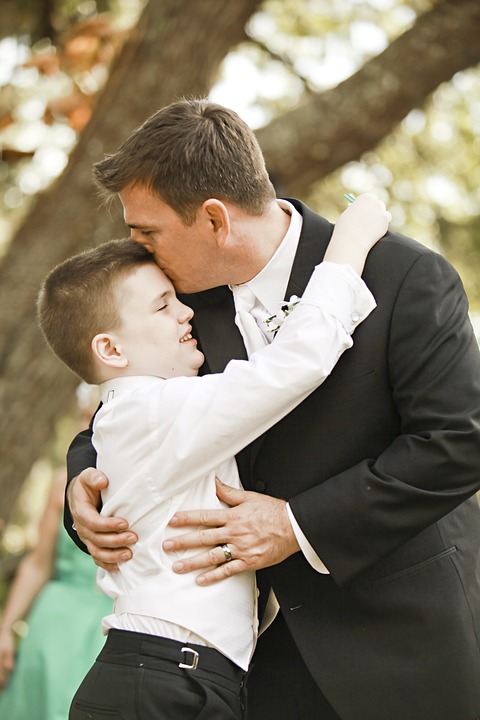Autism is a neurodevelopmental disorder that affects about 1 in 68 children. With autism, there are many different symptoms, some of the more common ones being social dysfunction and repetitive behaviors. While any one specific therapy cannot cure autism, autism behavioral therapy may help improve the quality of life for those with autism and their families. Here we will discuss five ways this therapy helps:
Improved Socialization Skills
Social skills are an essential part of autism, and This type of therapy often teaches social skills to those on the autism spectrum. During these sessions, therapists will help children learn appropriate behaviors for different social situations, such as how to ask someone what they like or their favorite book. This helps them develop friendships with peers and may lead to a more fulfilling life.
Improved Communication Skills
Another common symptom of autism is the inability to communicate verbally or nonverbally with others around them effectively. Autism behavioral therapy can be used in conjunction with other therapies like speech and language pathologists (SLP) who work directly on communication issues. SLPs use various techniques during therapy, including role-playing activities that allow people on the autism spectrum to practice using new words in multiple settings.
Reduced Repetitive Behaviors
Repetitive behaviors are one of the main autism symptoms that people on the autism spectrum struggle with. These behaviors can include hand flapping, rocking back and forth, lining up toys in a specific manner, or repeating words over and over again. Behavioral therapy can help people on the autism spectrum reduce these behaviors by teaching them how to identify their feelings and replacing the repetitive behavior with another method of coping.
Increased Focus & Attention Span
Many individuals who struggle with autism have trouble focusing on tasks at hand because they are easily distracted by their surroundings or unable to see past mistakes that were made earlier in life. Behavioral autism therapies target various methods to help children and adults focus on tasks at hand, which helps them feel more comfortable in social situations.
Increased Quality of Life
While autism is not curable, behavioral therapy can reduce any negative symptoms associated with autism spectrum disorder (ASD) and improve the overall quality of life for those who struggle with autism. Parents often report that their child’s behavior becomes less aggressive after participating in autism therapies; they also notice an increase in language development as well as a decrease in self-destructive behaviors such as head banging or hair pulling.
To conclude, autism behavioral therapy offers a variety of benefits to autism patients and their families. Not only does autism therapies help children learn new behaviors, but it also boosts communication skills and reduces difficult symptoms associated with autism spectrum disorder (ASD).













